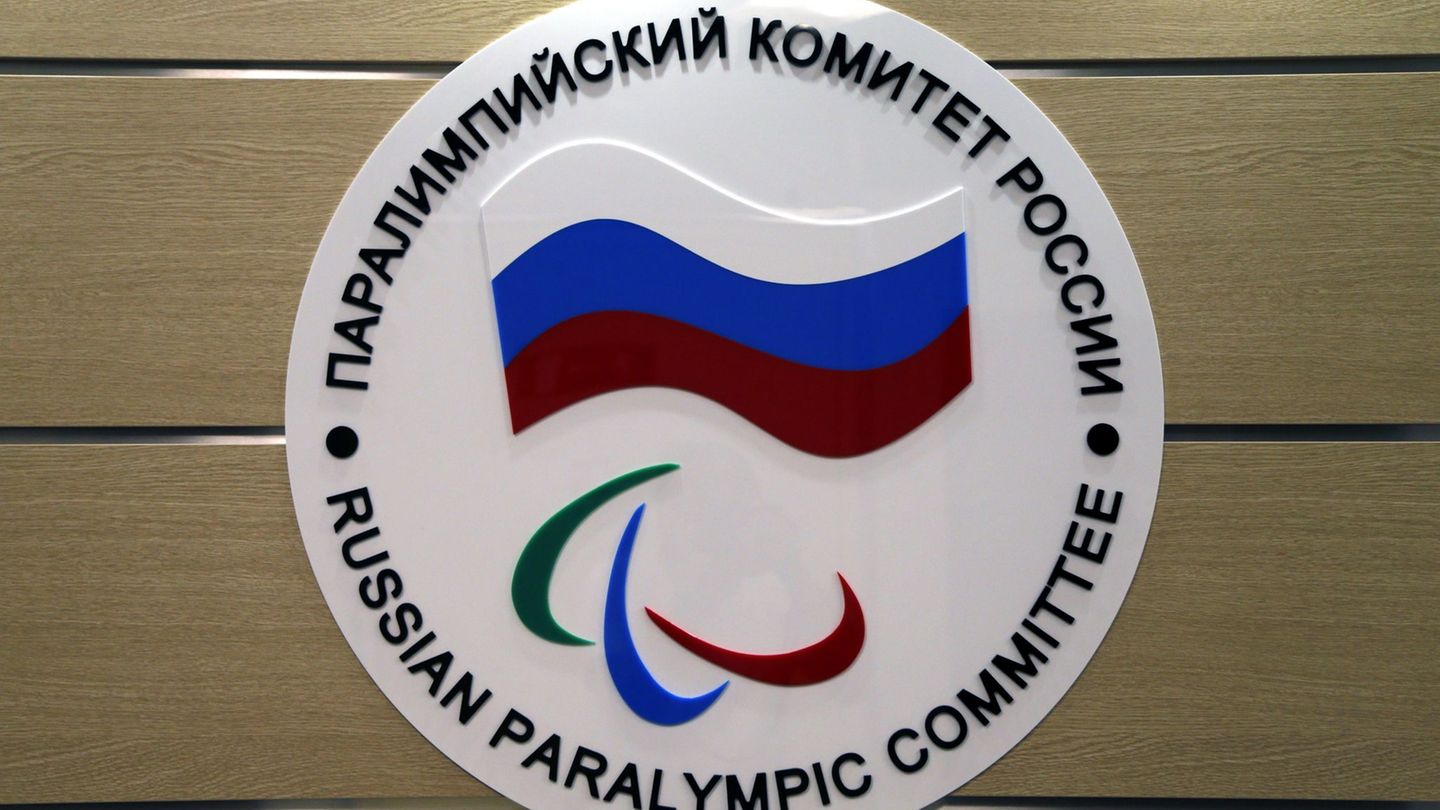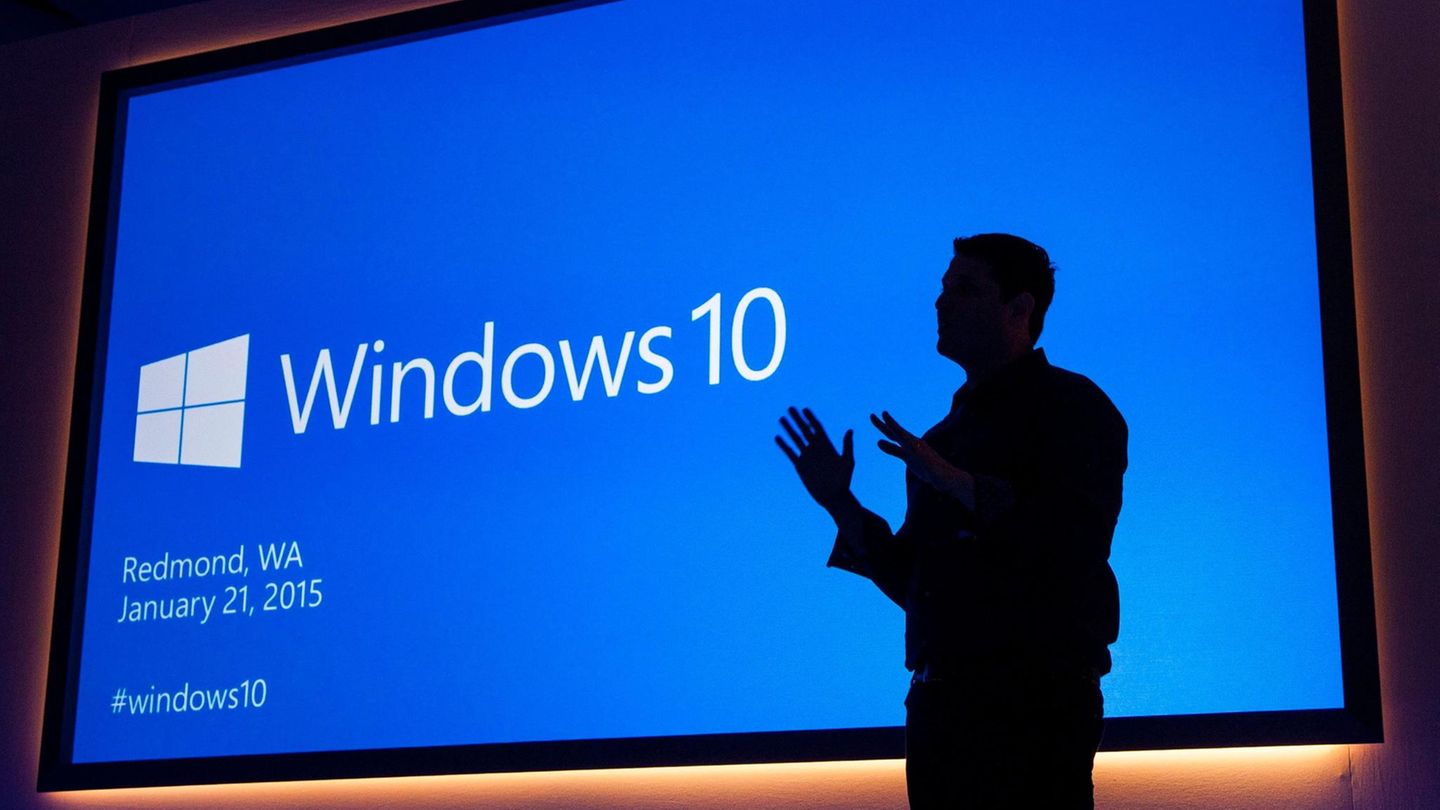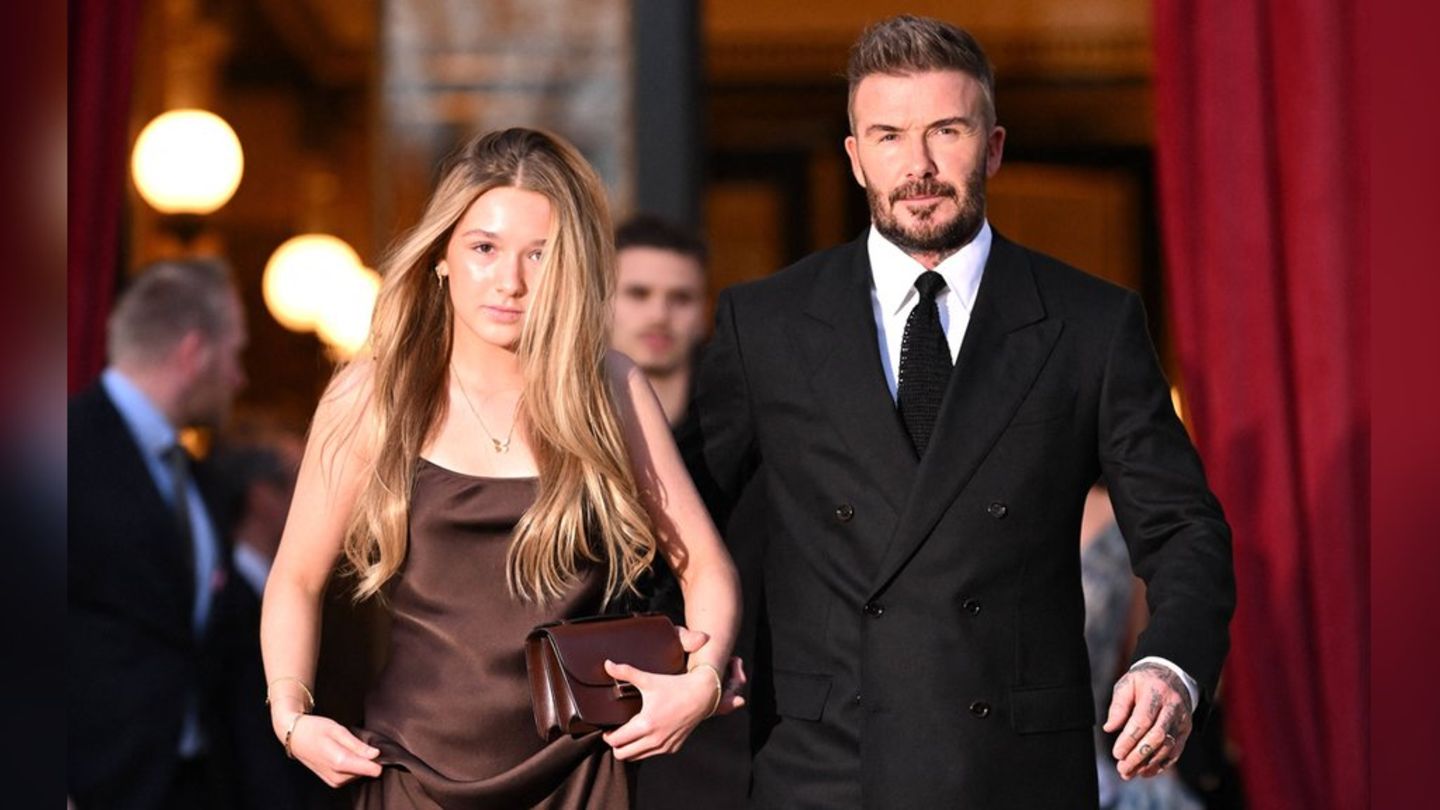By Praveen Menon, Lewis Jackson and Wayne Cole
SYDNEY (Reuters) – Australia on Saturday decisively rejected a proposal to recognize indigenous people in the Constitution, in a major setback to the country’s efforts to reconcile with its First Peoples.
Australians had to vote “yes” or “no” in the referendum, the first in almost a quarter of a century, on the question of whether to amend the Constitution to recognize Aboriginal and Torres Strait Islander people by creating an indigenous advisory body, the “Voice to Parliament”.
Across the country, with almost 70% of the votes counted, the “no” led the “yes” by 60% to 40%. Australian broadcaster ABC and other networks predicted that a majority of voters in Australia’s six states would vote against amending the 122-year-old Constitution.
For the referendum to be successful, at least four of the six must vote in favor, in addition to a national majority.
Prime Minister Anthony Albanese acknowledged that it was not the result he expected, but said the country would have to find a new path to reconciliation.
“Our nation’s path toward reconciliation has often been difficult,” Albanese declared in a televised news conference. “Tonight is not the end of the road and it is certainly not the end of our efforts to bring people together.”
Academics and human rights defenders fear that the “no” victory will set back reconciliation efforts by several years.
Voice to Parliament was proposed in the Uluru Statement from the Heart, a 2017 document drawn up by Indigenous leaders that set out a roadmap for reconciliation with expanded Australia.
Australia’s indigenous citizens, who make up 3.8% of the country’s 26 million people, have inhabited the territory for about 60,000 years, but are not mentioned in the Constitution and are, by most socioeconomic measures, the most disadvantaged people in the country.
Supporters of the proposal believed that the inclusion of an Indigenous voice in the Constitution would unite Australia and usher in a new era. The opposition had criticized the measure, saying it is divisive, would be ineffective and would slow down government decision-making.
“I am devastated,” Thomas Mayo, an indigenous leader and prominent supporter of the “yes” vote, told ABC News. “We need a Voice. We need that structural change.”
(Additional reporting by Kirsty Needham, Alasdair Pal and John Mair in Sydney; writing by Praveen Menon; editing in Spanish by Carlos Serrano)
Source: Ambito




